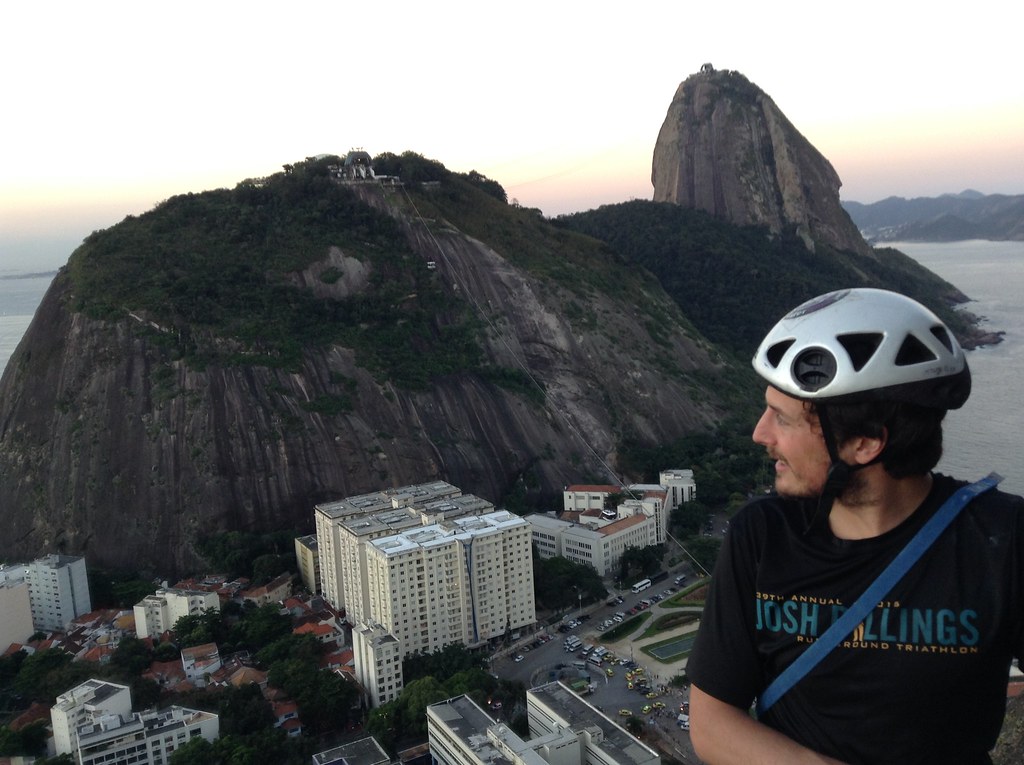I was in the 2016 Rio Olympics. Really. If you watched the Opening Ceremony in August, you probably saw me.
The internationally televised event began with a two-minute montage of Brazilians (or at least you thought they were all Brazilians) performing feats of athleticism around Rio: surfing, biking, paragliding… There were also these two guys rock climbing. I was one of them, in a red t-shirt, belaying my friend André as he scaled Cantagalo cliff in the beachside area known as Zona Sul. You can see me here (at the 10:27 time mark):
Back home in Connecticut, my mom and dad spotted their prodigal son on their TV. I’d told them to keep a lookout for me, and so they were following the ceremony closely and recording it — they’ve now got a hard copy on VHS, which they eagerly show to anyone interested in seeing their son in the Olympics.
Since then, I’ve been saying that I was the first-ever rock climber in the Olympics, which is not a complete lie. Rock climbing will be an official Olympic sport in the 2020 Tokyo Games, but I can claim to have been the first rock climber to be a part of the Olympics. I’ll take that to my grave. Don’t try to tell me otherwise.
All that was more than a month ago. The Rio Olympics and Paralympics finished last week, I’m back in the United States doing a year-long journalism fellowship in New York, and Brazil now seems pretty far away. That South American country consumed my life for three years, starting from when I first went there in mid-2013, but I am already struggling to remember what in the world I did during all that time there. Did Brazil really happen?
Of my last three years, two were inside Brazil, and the rest was in the U.S. on interspersed trips home. These three years coincided with Brazil’s largest-ever corruption investigation; worst-ever economic recession; the election of a president; the impeachment of that same president; the 2014 World Cup; and the 2016 Olympics, among other events. Brazil was a goldmine for stories. In an attempt to recap my time there, here’s a recap:
Back in 2013 after I first landed in Rio de Janeiro, I reported for The Christian Science Monitor on the rise of “ghetto chick” hostels (a story The New York Times soon copied) as well as on cultural issues like where child actors from the famed film “City of God” wound up. Later during the World Cup, for the Monitor I found fun economics angles on booming TV sales, on the country’s rivalry with Mexico, and on the crazy ways that foreigners saved a buck on travel. I was especially proud of a piece I wrote for Zocalo Public Square about an Amazonian city’s preparations to host the world’s biggest sporting event, along with a piece for VICE about the government’s distribution of real Amazonian rubber condoms (an American described using them as “like having sex with a Goodyear tire”).


I covered the 2014 election with stories about the threat to the Amazon and the rise of evangelical voters. I tracked down the killer of famed environmentalist Chico Mendes, whose legacy was influencing the presidential election 25 years after his assassination.
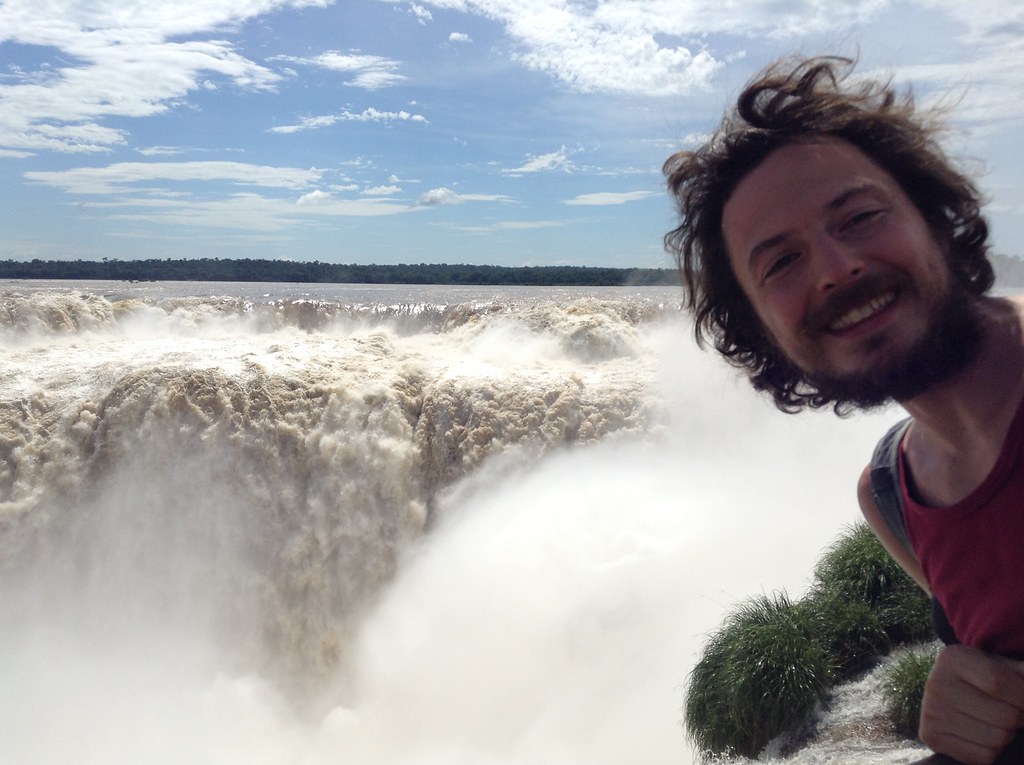
Beer became an obsession around this time, perhaps because I was missing my favorite U.S. craft beers, but also because Brazil in 2014 was going through something of a beer renaissance. I visited dozens of breweries across the southern states of Brazil. I wrote about the recession’s impact on craft brewers, the first micro-brewery in the Amazon, and Brazil’s love for Brooklyn Lager.
Around then I ventured into Uruguay to report stories on a controversial marijuana law and the beloved soccer player/biter Luis Suárez, and then went to Argentina for a three-week mountaineering expedition on the tallest summit in the Americas — Aconcagua — which I wrote about for Americas Quarterly as well as for The New Yorker. Getting into The New Yorker (even if just online) was a big surprise.
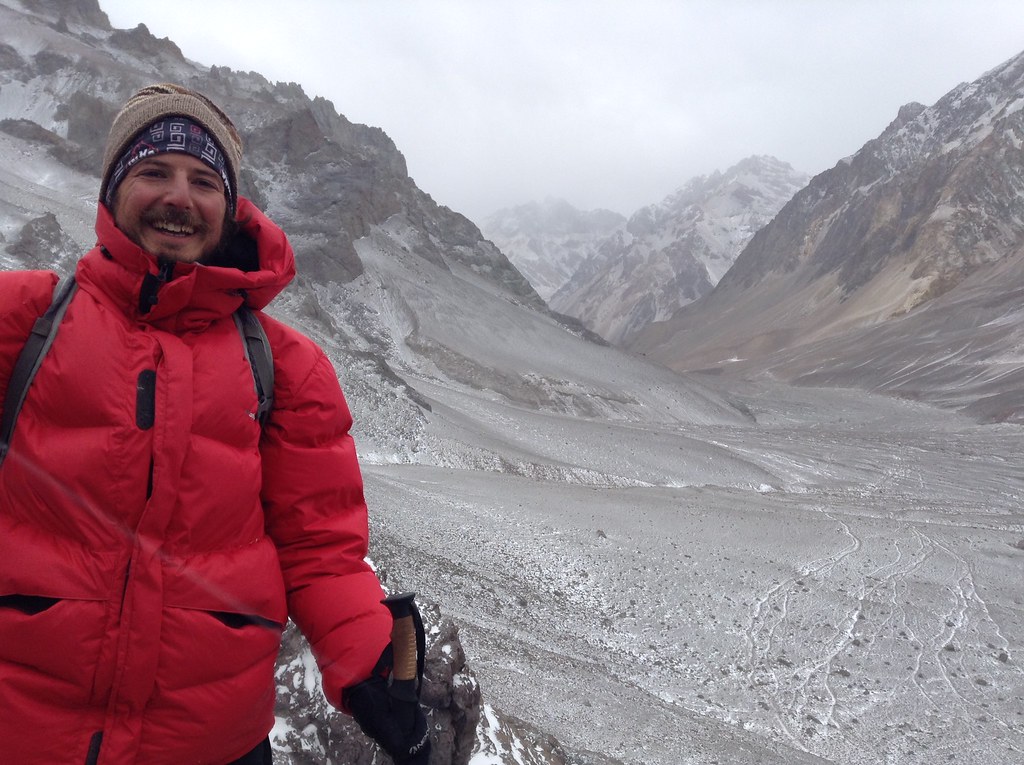
Meanwhile, from October 2013 to September 2015, I was also editing and reporting for Monitor Global Outlook, a startup business publication of The Christian Science Monitor. It folded in October 2015, nearly forcing me to move back to the U.S. to reenter the world of 9-5 office journalism. But I secured a position as “special correspondent” to the NYC-based magazine Americas Quarterly and covered the Zika epidemic (as well as the discovery of a potential herbal antidote to Zika), the continent’s largest Jedi convention, the slow–moving impeachment, and lots of other stories all found here.
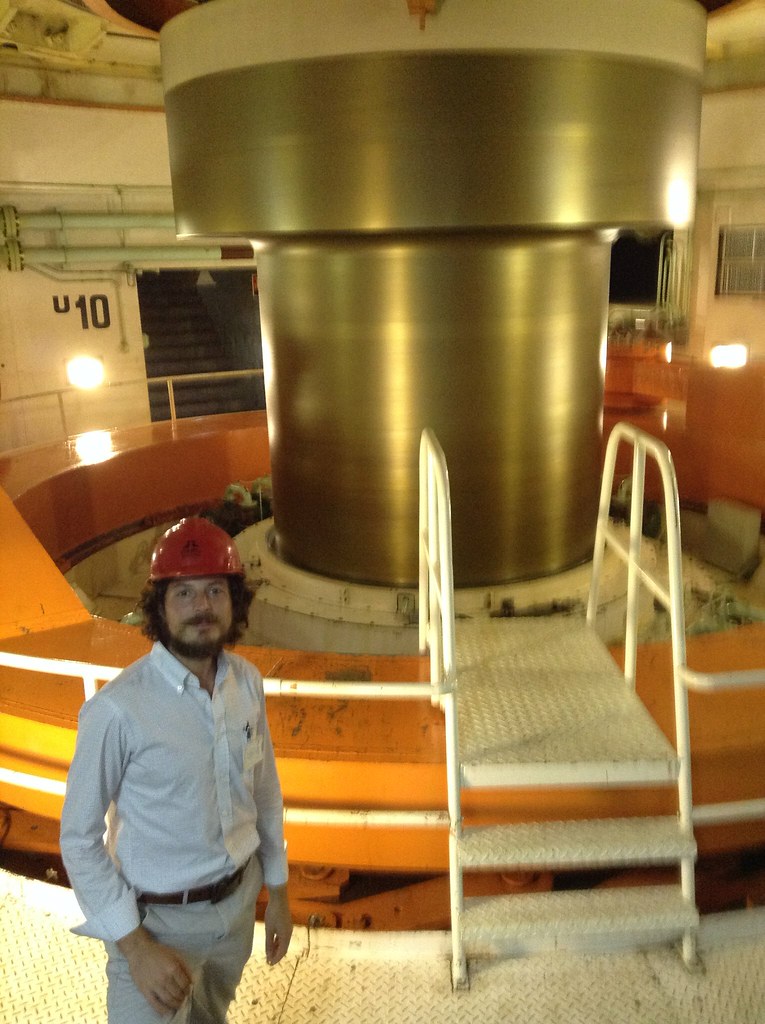
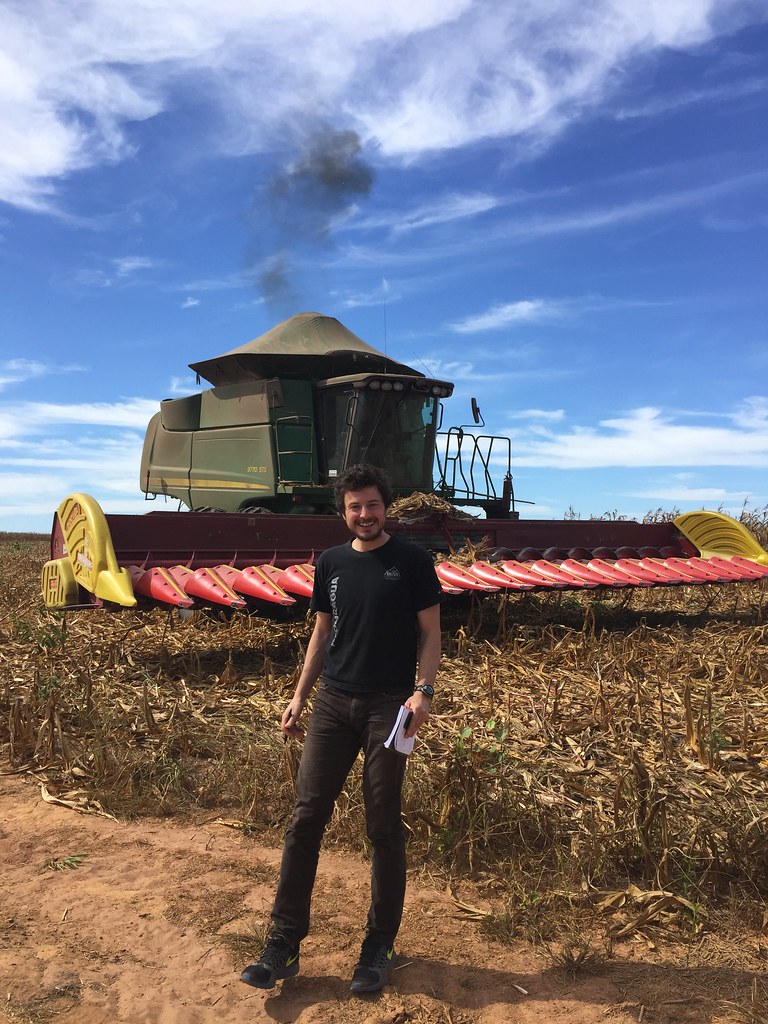
Three years of stories about Brazil, a continent-sized country that I became obsessed with after watching the 2012 London Olympics and telling myself: I want to be in Rio for the 2016 Olympics. I was determined to get there even though I had no idea what I was getting into and didn’t know a word of Portuguese. Brazil was a lark.
I went looking for adventure, for another international reporting experience, for a way to use journalism as a platform to explore more of the world. It became three years of traveling, living out of a backpack and relying on the generosity of strangers, surviving article-to-article on a salary lower than my starting job out of college. Three years without healthcare, without a home, without ever really understanding what was being said around me. Brazil was thrilling and depressing. At some point, I just longed to live a more dull life again.
It was three strange years that I tried to document but can already feel slipping from memory. At least my dad has that VHS tape of me in the Rio Olympics.
